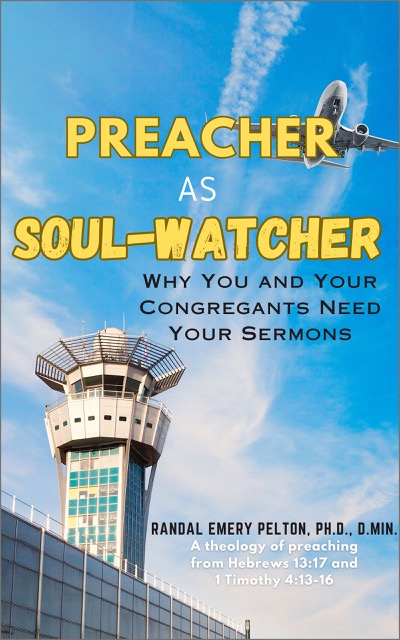
Wow! This has been on my mind since the mid- to late-90’s! Click here to read a sample section.

What took so long? Life and ministry, I guess, such as pursuing more learning, writing more books, and preparing to teach classes through the years.
My first exposure to Hebrews 13:17 where it really caught my attention was when I was preaching through the book of Hebrews at The People’s Church in Somerville, NB, Canada in the mid-90’s.
Then, at the inaugural meeting of the Evangelical Homiletics Society on the campus of Gordon-Conwell Theological Seminary, I was invited to preach as part of the conference schedule (either the fall of ’96 or ’97?). I selected Hebrews 13:17. It reads,
“Obey your leaders and submit to them, for they are keeping watch over your souls, as those who will have to give an account. Let them do this with joy and not with groaning, for that would be of no advantage to you.”
It was important that I remind myself and EHS members that preaching is a subset of soul-watching.
Fast-forward to August 1, 2024 and I finally published my thoughts on a theology of preaching from that text and also 1 Timothy 4:13-16, the end of which reads,
“…Keep a close watch on yourself and on the teaching. Persist in this, for by so doing you will save both yourself and your hearers.”
For years, God has given me the great privilege of studying hermeneutics and homiletics with other soul-watchers from all over the world. If you have blessed me with your presence in the classroom through the years, huge thanks. You may be interested in this expanded version of some of the things we, no doubt, talked about. If we’ve never met and you’re a pastor that preaches, you might be interested in my thoughts on why our preaching is so important.
You can find Preacher as Soul-Watcher on Amazon (KDP) or click the link above.
May our Lord continue to receive glory in the church and in Christ Jesus as we watch over the souls entrusted to our care (Ephesians 3:21).
Randal
P.S. Over the next few weeks I will provide some excerpts from Preacher as Soul-Watcher. As an Amazon Associate I earn from qualifying purchases.










